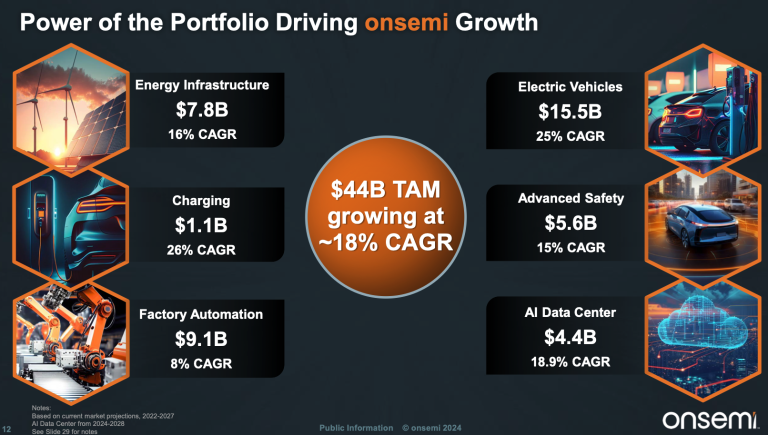Identifying Key Business Problems AI Can Solve in Pharma
The pharmaceutical industry is undergoing a significant transformation, and at the heart of this change is Artificial Intelligence (AI). While much has been said about AI’s role in accelerating drug discovery and optimizing manufacturing, the true power of AI lies in its ability to tackle complex, often niche, business problems that have historically been challenging to address. This article delves into some less-discussed areas where AI is making a tangible difference, demonstrating precisely how AI helps in the pharma industry navigate its unique complexities.
Beyond the headlines of AI-powered drug design, pharma companies face a myriad of operational, regulatory, and strategic hurdles. These are the areas where targeted AI applications can unlock significant value. Let’s explore some of these niche trends and the specific problems they address, shedding light on how AI helps in the pharma industry in ways you might not have considered.
Niche AI Applications in Clinical Trials and Regulatory Affairs
Clinical trials are the lifeblood of pharmaceutical development, but they are notoriously expensive, time-consuming, and prone to delays. While AI is being used for patient recruitment and trial optimization, there are more subtle, yet impactful, applications emerging.
Predicting and Mitigating Study Site Dropout Risks
One significant challenge is patient dropout during lengthy trials, which can skew results and require costly site retraining or recruitment. Traditional methods rely on historical data and intuition.
However, a niche application of AI involves building predictive models that analyze a vast array of data points, including patient demographics, geographical location, socioeconomic factors, and even real-time weather patterns and local event data. These models can identify sites and even individual patients at higher risk of dropping out before the trial even begins or early in its lifecycle.
This proactive identification allows sponsors to implement targeted interventions, such as enhanced patient support programs, improved transport arrangements, or even adjusting study visit schedules. This sophisticated approach illustrates how AI helps in the pharma industry by significantly improving trial retention and data integrity, leading to faster trial completion times and reduced costs.
Optimizing Regulatory Submission Narrative Flow and Content
Regulatory submissions are colossal documents, requiring meticulous organization and clear, consistent language. Ensuring a smooth, logical flow and adherence to specific agency requirements (like the FDA or EMA) is a monumental task. While AI is used for document review and compliance checks, a more niche application focuses on optimizing the narrative structure and content coherence of these submissions.
AI algorithms can analyze past successful submissions, identify patterns in effective phrasing, logical transitions, and the optimal ordering of data presentation. They can even flag areas where the language might be ambiguous or inconsistent with established regulatory guidelines. This isn’t just about spell-checking or grammar; it’s about using AI to ensure the scientific narrative is presented in the most persuasive and easily digestible way for regulatory reviewers. This less-explored application demonstrates how AI helps in the pharma industry by streamlining the complex regulatory process, potentially accelerating approval timelines.
AI in Post-Market Surveillance and Supply Chain Resilience
The challenges for pharma companies don’t end once a drug receives approval. Post-market activities, from tracking adverse events to ensuring drug availability, present unique problems that are ripe for AI intervention in less obvious ways.
Uncovering Adverse Event Signals from Unstructured Real-World Data
While pharma companies have robust systems for collecting reported adverse events, much valuable information is buried in unstructured real-world data sources like social media, patient forums, and even doctor’s notes. Traditional methods for sifting through this volume are time-consuming and often miss subtle signals.
A powerful, though less publicized, application of AI involves using Natural Language Processing (NLP) and machine learning to analyze these vast, noisy datasets. These AI models can identify mentions of specific drugs alongside potential symptoms or side effects that weren’t captured in controlled clinical trials. They can even identify potential drug-drug interactions that might not be immediately obvious. This proactive, large-scale data mining showcases how AI helps in the pharma industry by enhancing pharmacovigilance and potentially identifying safety concerns earlier, leading to quicker risk mitigation strategies and improved patient safety.
Building Predictive Models for Supply Chain Vulnerabilities Based on Geopolitical and Environmental Factors
The global pharmaceutical supply chain is incredibly complex and vulnerable to disruptions from geopolitical events, natural disasters, and even climate change. While traditional supply chain management focuses on inventory and logistics, a more advanced application of AI involves building predictive models that go beyond historical operational data.
These models integrate external data streams such as political stability indexes, weather forecasts, climate change projections, and even news analysis to identify potential disruptions before they occur. For example, an AI model could predict a potential shortage of a key ingredient sourced from a specific region based on rising political tensions or an incoming hurricane. This forward-looking application is a prime example of how AI helps in the pharma industry by building resilience and ensuring the consistent availability of essential medicines, a critical business problem with significant public health implications.
Conclusion
While the mainstream discussion around AI in pharma often focuses on drug discovery and manufacturing efficiency, the true transformative potential lies in its ability to solve a far wider range of business problems, including those that are more niche and less visible. From optimizing the intricate logistics of clinical trials and refining regulatory submissions to proactively identifying adverse event signals from unstructured data and building resilient supply chains, AI is quietly but powerfully reshaping how the industry operates. Exploring these less-trodden paths reveals the full extent of how AI helps in the pharma industry, offering innovative solutions to complex challenges and ultimately contributing to the development and delivery of life-saving treatments more effectively and safely. As AI technology continues to mature, we can expect even more specialized applications to emerge, further solidifying its indispensable role in the future of pharmaceuticals.




